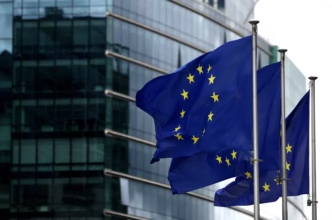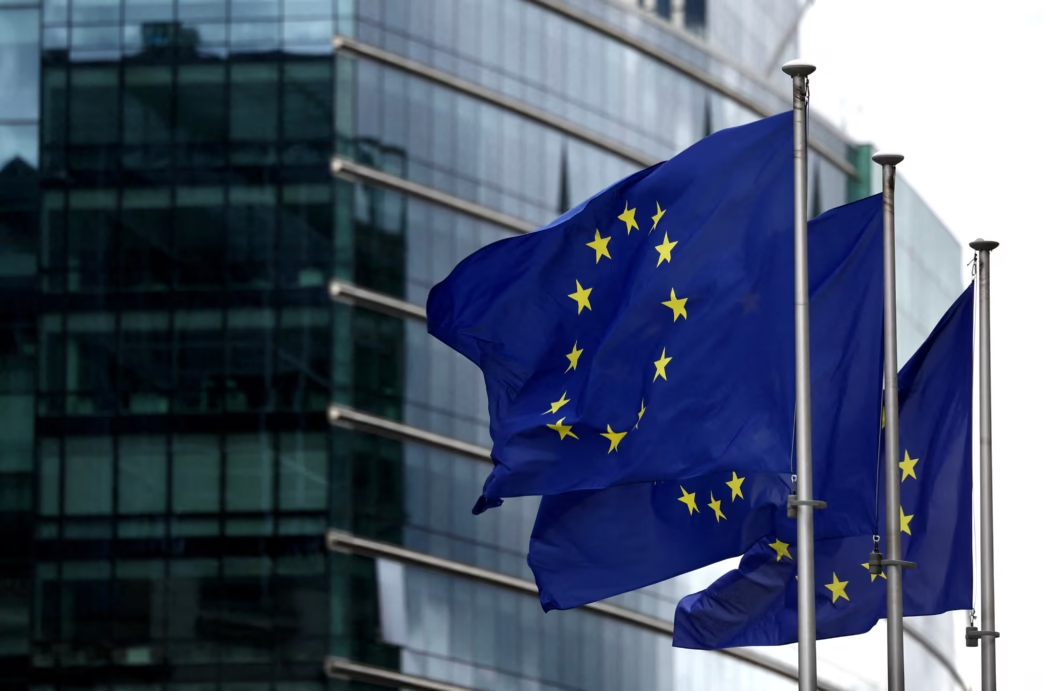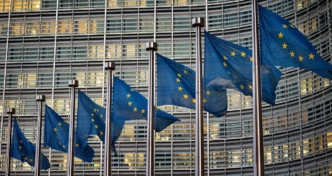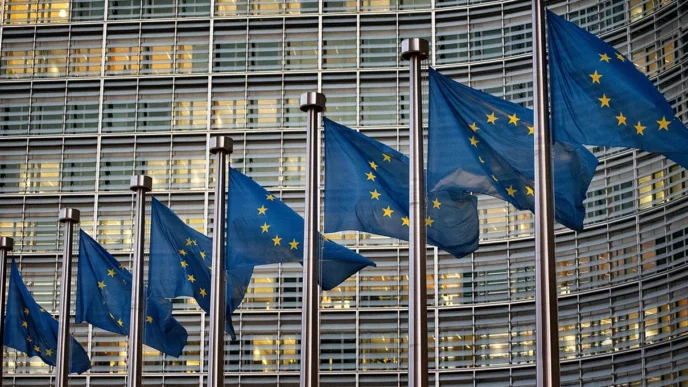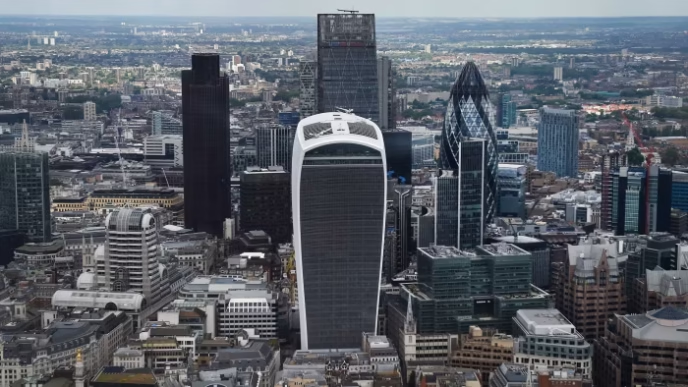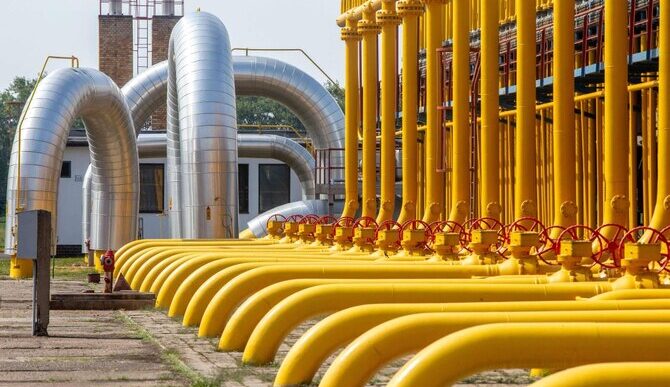The European Union has issued a strong advisory urging its 450 million citizens to prepare for potential crises by stockpiling at least 72 hours’ worth of essential supplies, including food, water, medicine, and emergency equipment. The warning comes as the 27-nation bloc faces mounting security concerns, from geopolitical tensions and cyber threats to climate-related disasters and public health risks.
The EU’s new preparedness strategy reflects a shift in approach, particularly as global instability grows. NATO Secretary-General Mark Rutte has cautioned that Russia could launch another attack in Europe by 2030, while the continent has also contended with the COVID-19 pandemic and energy disruptions linked to Russia’s actions in Ukraine.
“Today’s threats are more complex and interconnected than ever,” said Hadja Lahbib, the EU’s Commissioner for Preparedness and Crisis Management. She emphasized the need for citizens to have a basic emergency supply kit, including flashlights, ID documents, and shortwave radios.
Beyond individual preparedness, the EU aims to bolster its strategic reserves with critical resources such as firefighting aircraft, medical equipment, and protective gear against chemical and biological threats. Some member states, including France, Finland, and Sweden, already have robust emergency preparedness plans, with Sweden recently updating its Cold War-era civil defense guidelines.
Lahbib stressed that the EU must move away from reactive crisis management and adopt a more coordinated, long-term strategy to strengthen resilience across the bloc.

